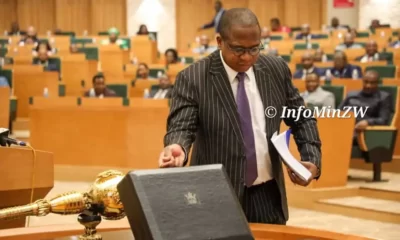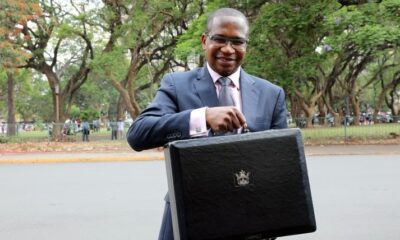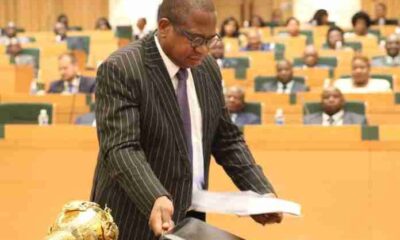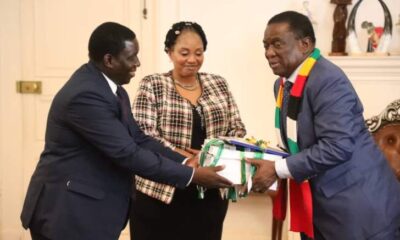FINANCE minister Mthuli Ncube has proposed to increase the proportion of employment costs on state expenditure to 52.4% from 42.3% as the desperate government makes frantic efforts to appease the 300 000-strong civil service ahead of the 2023 general elections.
BERNARD MPOFU
The government has been facing growing public resentment due to a floundering economy which has effectively wiped out domestic savings. With triple-digit inflation Zimbabwe has one of the highest inflation in the world.
Public service employees, mainly in the education and health sectors, have throughout the year been expressing displeasure over their remuneration packages, prompting the authorities to announce both monetary and non-monetary incentives which were frowned upon in some quarters.
Ncube also proposed to increase payouts made to liberation war veterans in his 2023 budget. War veterans have since the turn of the millennium been a vital cog in Zanu PF’s power retention strategy.
Zimbabweans will next year vote in the general elections, amid rising political temperatures and persecution of opposition activists and human rights defenders.
Ncube said the 2023 National Budget has a provision of ZW$2.2 trillion for employment costs, inclusive of grant-aided institutions and pensioners, medical aid and pension contribution. This amount includes ZW$659.4 billion and ZW$336.5 billion for the salaries and allowances for education and health sectors, respectively.
“The share of employment costs to total expenditure is projected at 52.4% in 2023, an increase from 42.3% in 2022,” the Finance minister said.
“The increase in the employment cost level is on account of the need to cushion civil servants against the impact of global economic challenges and domestic price increase.”
The budget statement shows that the ministry of Primary and Secondary Education received the highest vote allocation, which would also be gobbled up by wages.
“Primary and Secondary Education has been allocated ZW$631.3 billion to provide quality infant, junior and secondary education, with the bulk of the allocation going towards payment of salaries for teachers and other learning costs,” Ncube said.
Commenting on the Public Service Pension Fund, Ncube said the fund is now valued at US$113 million (ZW$70 billion) or 3% of the fund’s projected pension liability for the years 2019 to 30 September 2022.
“This represents a growth rate of 60% month over month. The fund is expected to generate wealth and match the 2012 actuarial valuation pension liability of US$4.8 billion (ZW$2.65 trillion),” Ncube said.
“The fund has shareholding in major financial institutions namely; 10% in CBZH, 10% in FBCH from which dividends are being received and a compendium of residential and commercial properties from which the fund is collecting monthly rentals. “Government is committed to supporting the Pension Fund’s asset, such as commercial properties, agricultural land and financial assets to the Pension Fund, as well as settling current employer pension payments in order to allow the fund to grow.”





















